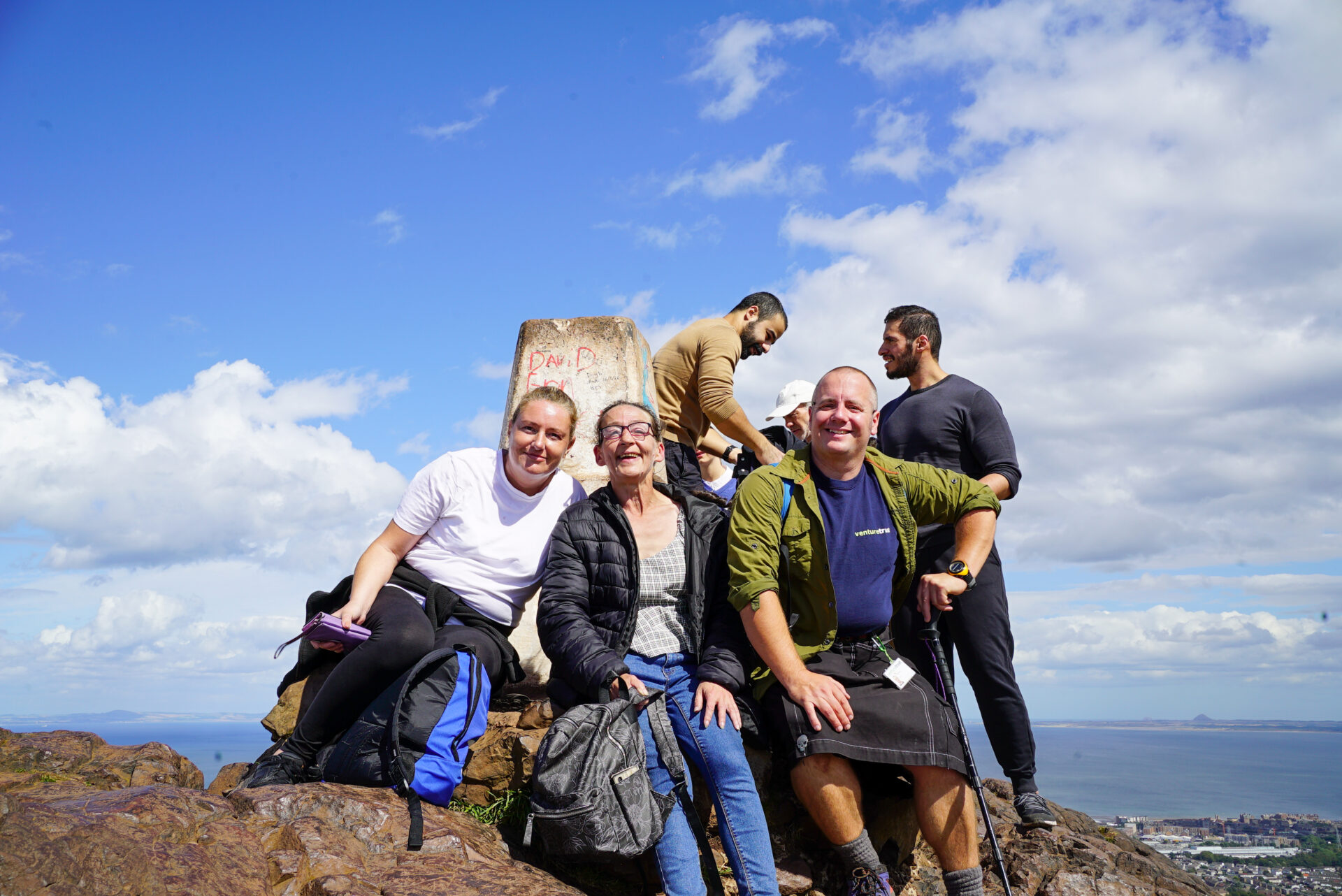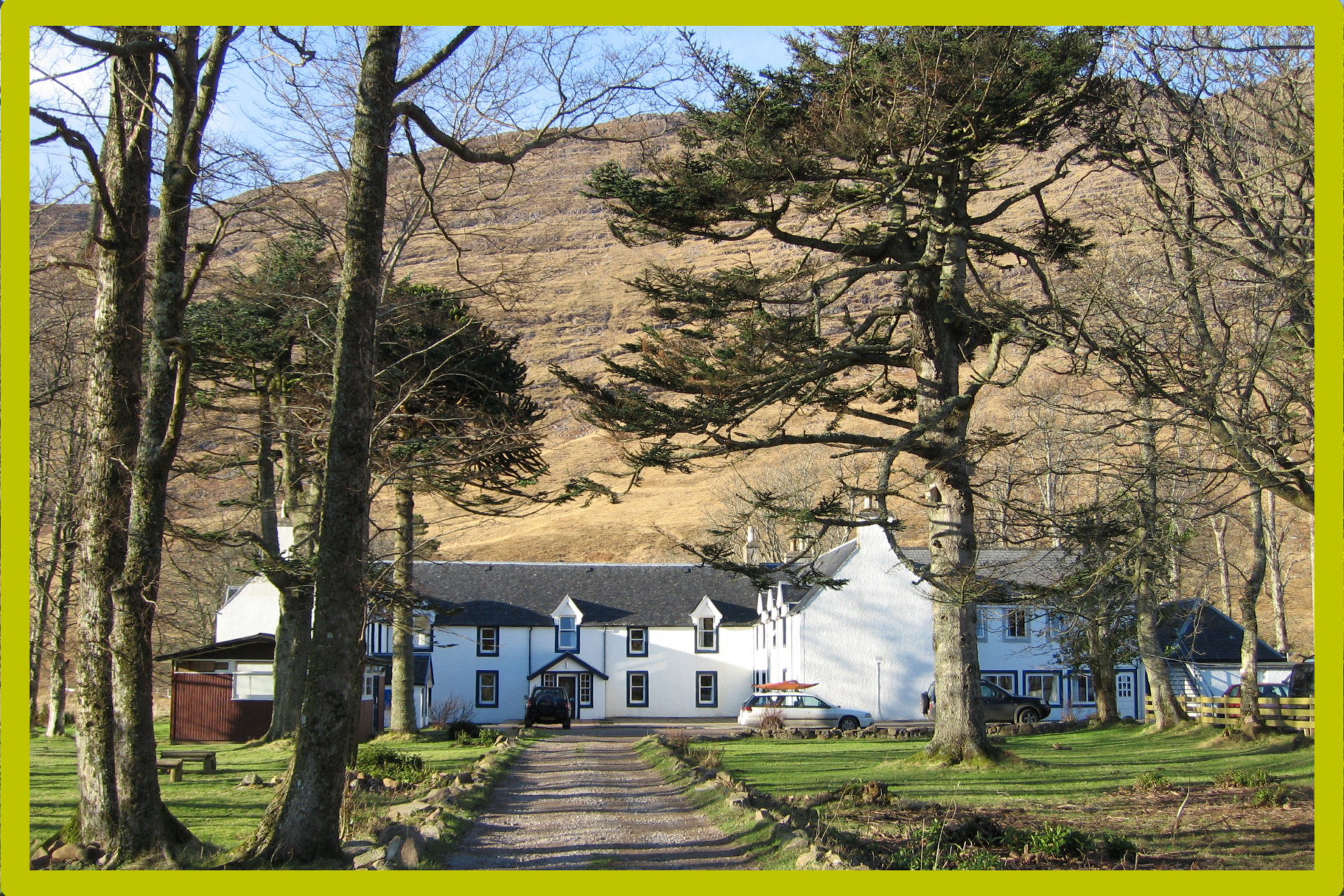Big transitions in life are rarely easy. But imagine trying to tackle them whilst also facing issues with your mental health. As one of our participants said: “The wilderness journey put me in a place where I was prepared to tackle anything. I can go forward now. I felt my spirits lift and that gave me the confidence I needed. I didn’t need to be scared of life anymore.”
Over the past six years, we at Venture Trust have worked with over 150 ex-service personnel who have been struggling with their transition to civilian life. Recently, we have witnessed a growing trend in those coming to us with existing mental health issues (98 per cent of participants between 2019 and 2022 as opposed to 73 per cent between 2016 and 2018).
We believe this increase is down to two main factors, one being a positive – less stigma about mental health and a greater willingness to disclose mental health struggles, the other being a negative – the lasting impacts of Covid-19.
In publishing our latest three-year external evaluation of our programme for ex-service personnel (Positive Futures) we highlight the value of improving mental wellbeing in order for our participants to tackle other barriers they may face in their transition to civilian life.
Transitioning from the regimented environment of the armed forces to the sometimes chaotic reality of civilian life throws up many potential barriers to ex-service personnel. Finding accommodation, looking for work, budgeting personal finances, relating to and building relationships with “civvies”, establishing a structure and routine for yourself all form barriers to a successful reintegration to civilian life.
Having to deal with mental health issues alongside this severely impacts the ability of ex-service personnel to cope with and manage these barriers. This in turn affects their prospects of moving forward in life and can also have a massive impact on their confidence and self-esteem.
We believe in the transformational power of the outdoors. Our Positive Futures programme takes our participants on a seven-day journey through some of Scotland’s wilder places in order to provide physical challenges and to create a therapeutic environment where those with mental health issues can identify behaviour triggers and develop, and practice, coping strategies.
Many identified that participation on the programme provided them with a “reset”, an opportunity and safe space for time to think (away from all the stresses of everyday life), an open and supportive environment where they could speak openly to others going through similar issues, and the chance to learn and use personal development techniques which can benefit them in the long term.
The lasting impact of this for our participants are very broad and for many, truly life changing. 99.5 per cent of our participants over the last three years reported improved or sustained mental wellbeing following participation in Positive Futures. We have seen some of our participants move into our Outdoor Therapy service – providing clinical support in an outdoor setting – something many would not have considered before taking part in the programme. Some of our participants have made small steps towards healthier living, others have shown complete lifestyle changes. Many have improved their resilience and have reported significantly increased levels in their self-confidence and self-esteem, all of which leave our participants better placed to navigate any other barriers they face moving forward in their lives.
Another participant added: “Without that course I don’t know where I’d be right now. It helped me with extra confidence, and I now feel I can work things through. I feel fully prepared now and I have to take my life in my own hands.”
David Robertson, Venture Trust Impact and Evaluation Manager
Originally published on the Scotsman’s online platform. Read it here:
https://bit.ly/3rBE0ic






